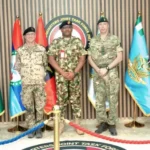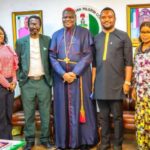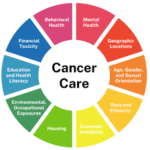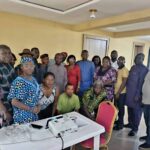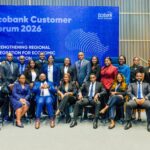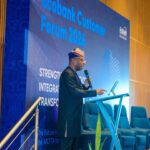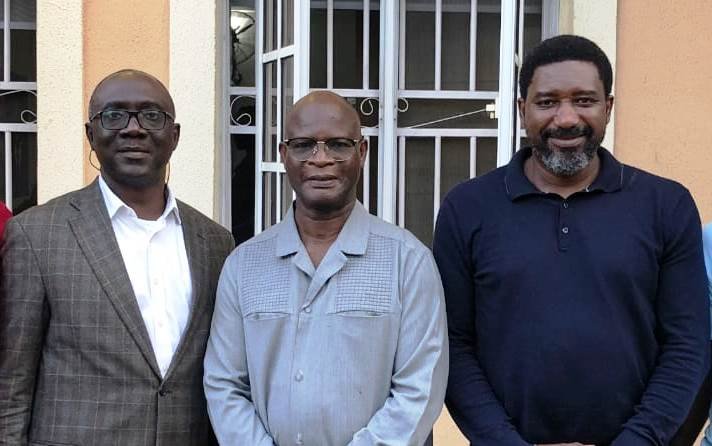CSOs urge FG to implement global plastic treaty, curb pollution
By Ruth Oketunde Civil Society Organisations (CSOs) under the auspices of Community Action Against Plastic Waste (CAPws), has called on the Federal Government to take concrete action to implement the global plastics treaty. The group made this known at a one-day media capacity building workshop on the Nigeria Plastic TreatyContinue Reading

